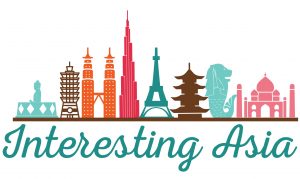Watch the video above to learn more about Philippine real estate terms. For more interesting videos, checkout Interesting Asia on YouTube.
The Philippine real estate sector has quite a few terms that will be unfamiliar to those new to the market. This is understandable. The country has developed its own unique lingo while the market itself has several factors that aren’t found anywhere else in the world.
With that in mind, here is a quick look at some of the most notable Philippine real estate terms. Knowing these will help you better understand the market.
Philippine real estate terms
Pre-selling
Pre-selling is what buying an off-plan property is called in the Philippines. No matter what you call it, this is the process of condo units in a project being sold by a developer during the planning or construction phase.
Ready for Occupancy
A “Ready for Occupancy” unit, also called RFOs locally, are condo units that are move-in ready. The project has been completed and buyers have a chance to see the physical unit they will be buying. Some RFOs come fully furnished while others will require you to BYOF (Bring your own furniture).
Foreign property ownership in the Philippines
Foreigners can own condo units in the Philippines but this group cannot own more than 40 percent of units in a single building. Non-Filipinos cannot acquire land or house and lot properties in the country on a freehold basis, but leasing is possible.
Overseas Foreign Workers
Overseas Foreign Workers, abbreviated to OFWs, are Filipinos who work abroad. This group plays an important part in the Philippine real estate sector, buying for both investment purposes as well as for eventual repatriation and to provide housing for family members. With the peso weakening, OFWs have become more active property buyers in the Philippines. The majority of OFWs are based in Middle Eastern countries.
Build Better More
President Ferdinand Marcos Jr. has announced details of his Build Better More infrastructure plan and the public now has an idea of what is being prioritized over the coming years. The National Economic and Development Authority (NEDA) Board approved 194 high-impact priority projects as part of the government’s program.
Click here to read more about Build Better More

































